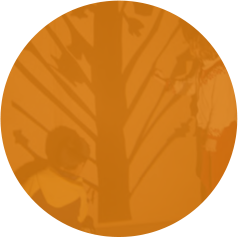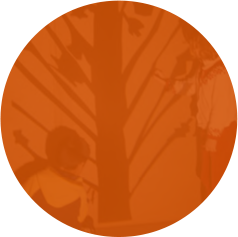Thank you to Boulder Journey School for producing this video promoting children’s rights and to the exhibit hosts 2008-2014 (phase one) for their contributions to the video.
“Infants and children in all places in the world cannot continue to have rights only on paper: the right to have good parents, good housing, good food, good schools, good teachers, and good governments is what they ask for and what is urgently needed. If we adults will keep in mind that the children are always the holders of new possibilities and perspectives – and not only in the field of learning and of knowledge – perhaps we will not carelessly dissipate, with guilty nonchalance, the good that they, along with us, possess.”
Loris Malaguzzi, Letter from Loris Malaguzzi, Innovations in Early Education: The International Emilia Exchange Fall 1992






